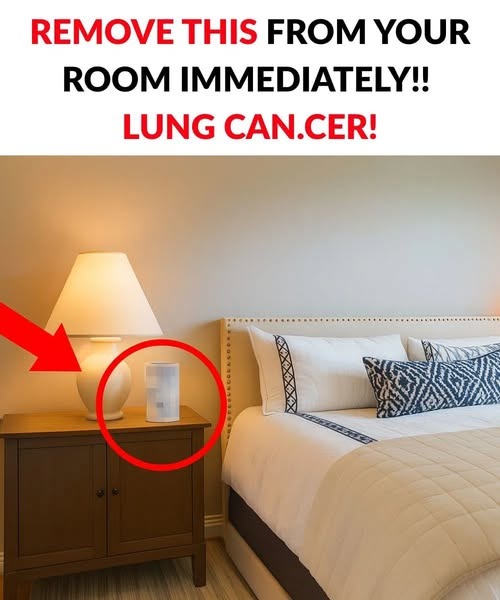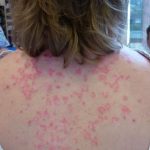Your home is supposed to be a safe haven, but did you know that everyday objects and habits can quietly introduce carcinogens and other harmful substances into your environment? From scented candles to personal care products, many common household items can pose health risks.
The Risks of Scented Candles and Air Fresheners
Scented candles and air fresheners may create a cozy atmosphere, but they often contain chemicals like limonene and phthalates. Limonene can transform into formaldehyde, a known carcinogen, when it reacts with air. Phthalates, on the other hand, are endocrine disruptors that can interfere with hormone balance and increase the risk of reproductive issues and certain cancers ¹.
Humidifiers: A Breeding Ground for Bacteria and Mold
Humidifiers can be a breeding ground for bacteria, mold, and fungi if not cleaned regularly. This can be especially harmful to children, elderly family members, and people with weakened immune systems. To reduce these risks, it’s crucial to empty and dry the tank daily and perform a thorough cleaning at least once a week.
The Dangers of Dry-Cleaned Clothing
Clothing that’s been dry-cleaned often carries hidden toxins like perchloroethylene, a petroleum-based solvent linked to various cancers and health issues. To reduce exposure, remove the plastic covering immediately and let the clothes air out in a well-ventilated space before wearing or storing them.
Cash Register Receipts: A Surprising Source of Risk
Many cash register receipts are coated with bisphenol A (BPA), a chemical known for its endocrine-disrupting properties. Opt for digital receipts or handle paper receipts carefully to minimize exposure.
High-Tech Items: Breeding Grounds for Bacteria and Viruses
Items like hairbrushes, remote controls, and smartphones can harbor harmful bacteria and viruses. Regular cleaning and disinfecting can help reduce these risks.
Indoor Air Quality Matters
Everyday activities like cooking and using cleaning sprays can release volatile organic compounds (VOCs) and fine particles, contributing to respiratory diseases and cardiovascular problems. Improving ventilation and choosing natural or fragrance-free products can help.
Personal Care Products: Hidden Dangers
Some personal care products contain hidden carcinogens or hormone-disrupting chemicals. Reading ingredient labels carefully and choosing certified non-toxic or organic options can help minimize cumulative exposure.
Taking Control of Your Home Environment
By becoming more aware of these hidden hazards, you can take control and create a living space that supports long-term health. Simple steps like proper ventilation, regular cleaning, and mindful product choices can make a big difference. Your home should be a sanctuary that nurtures and protects you, not compromises your well-being ².


